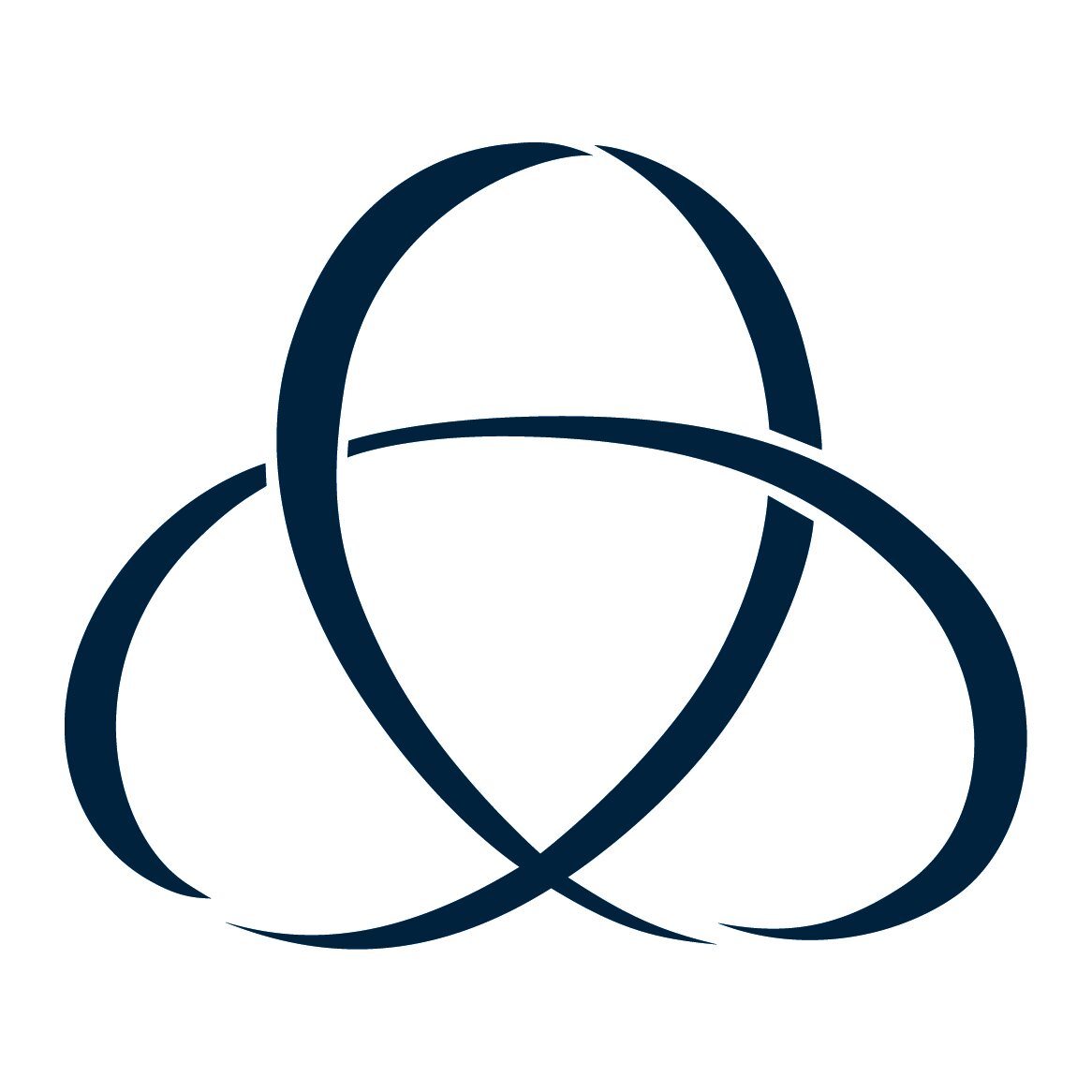Food and Liquor Primaries Can Sell Mixed Drinks with Takeout or Delivery
Dear ABLE BC members and industry colleagues,
Effective October 29, 2021, liquor and food primary licensees are permitted to package and sell unmixed drinks for takeout or delivery with the purchase of a meal, such as a glass of wine, cider, or draft beer, or an unmixed ounce of a spirit.
Maximum single-serving drink sizes specified in the license terms and conditions handbook apply.
The change responds to industry feedback from the Business Technical Advisory Panel and has the support of industry manufacturers following extensive consultation.
This additional choice for consumers builds on other measures government has approved in recent months to benefit liquor and food primaries. Earlier this year, liquor and food primaries were permanently allowed to sell full bottles of wine and spirits as well as mixed drinks packaged in single servings for takeout and delivery with the purchase of a meal.
This change is will allow LPs and FPs to offer better value to customers, while focusing on their traditional role of selling individual beverages with meals.
LPs and FPs are prohibited from acting like, or promoting themselves as, liquor retailers.
For more information, please read Policy Directive 21-21.
If you have any other questions or concerns, please contact ABLE BC: info@ablebc.ca.
Indoor Mask Mandate Extended
On October 29, 2021, the Provincial Health officer extended the mask mandate that requires asks to be worn in all indoor public spaces throughout British Columbia.
The previous order, which was set to expire on October 31, 2021, has been extended to continue to slow the transmission of COVID-19.
Masks are required in all public indoor settings for all people five and older, regardless of vaccination status. These settings include:
malls, shopping centres, coffee shops and retail and grocery stores
liquor and drug stores
airports, city halls, libraries, community and recreation centres;
restaurants, pubs and bars (unless seated)
on public transportation, in a taxi or ride-sharing vehicle
areas of office buildings where services to the public are provided
common areas of sport and fitness centres when not engaged in physical activity
common areas of post-secondary institutions and non-profit organizations
inside schools for all K-12 staff, visitors and students
Masks may be removed temporarily in indoor public places:
to identify the individual wearing the mask
to consume food or beverage at a location designated for this purpose
while participating in a sport or fitness activity in a sport facility
while receiving a personal or health service that requires the mask to be removed
People who cannot wear a mask or who cannot put on or remove a mask without the assistance of others are exempt. A person may not be able to wear a mask for a psychological, behavioural or health condition or due to a physical, cognitive or mental impairment.
For more information: please read the government news release and updated public health order.
If you have any other questions or concerns, please contact ABLE BC: info@ablebc.ca.
Federal proof of vaccination for travellers now available
British Columbians can now access the Canadian COVID-19 proof of vaccination for travel. Starting October 30, 2021, this proof of vaccination will be required when travelling in Canada by air, rail or cruise ship.
The Government of Canada has said the federal proof of vaccination can also be used for international travel. Before leaving, all travellers are encouraged to check the Government of Canada’s travel requirements and the requirements of the country to which they are travelling.
As with the BC Vaccine Card, the new federal proof of vaccination can be accessed through Health Gateway, the Ministry of Health’s web service, by phone or in person at most Service BC offices.
For more information on accessing the federal proof of vaccination, click here.
Two doses of any federally approved COVID-19 vaccines, with the second dose administered at least 14 days before travel, are required to be considered fully vaccinated. Canadians who are not fully vaccinated must complete testing requirements and mandatory quarantine when returning to Canada.
BC’s Vaccine Card will continue to be used for non-essential activities in BC, including going to a restaurant or sporting event.
The Government of Canada has also indicated it will allow people in BC to use the BC Vaccine Card to travel within Canada until Nov. 30, 2021, while the new federal proof of vaccination is rolled out.
For more information:
Learn more about BC’s COVID-19 travel requirements
Learn more about the BC Vaccine Card
Register to be immunized or learn about getting your second dose
If you have any other questions or concerns, please contact ABLE BC: info@ablebc.ca.
